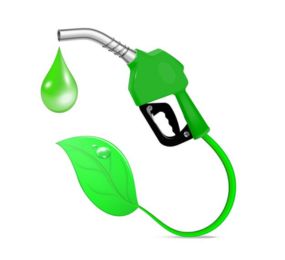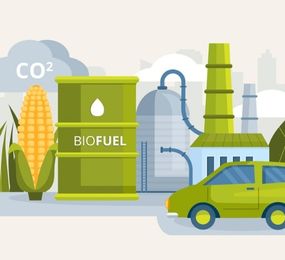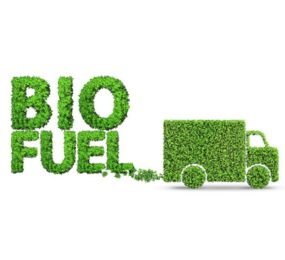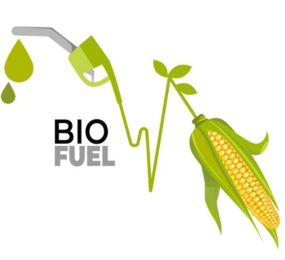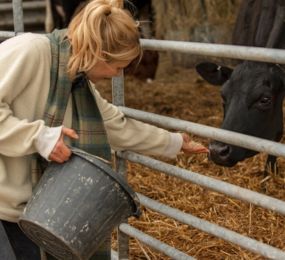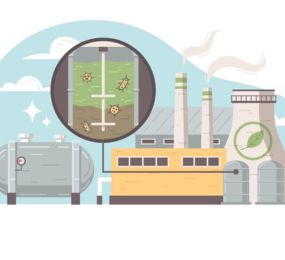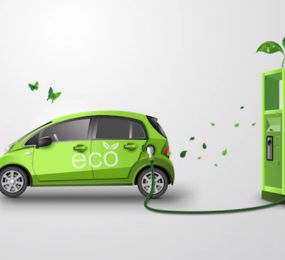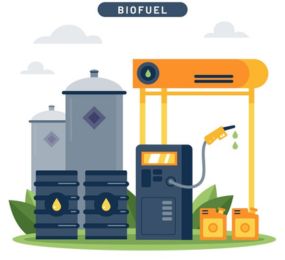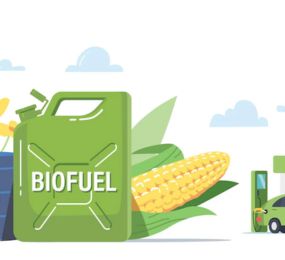Developing second-generation biofuels presents a multifaceted journey fraught with challenges and ripe with innovations. Unlike their first-generation counterparts, second-generation biofuels are derived from non-food biomass sources, offering greater sustainability and reduced competition with food production. However, transitioning from theory to practice poses its own set of hurdles.
One of the primary challenges lies in biomass sourcing and logistics. Securing a consistent and cost-effective supply of feedstocks remains a significant obstacle, requiring innovative solutions for biomass cultivation, harvesting, and transportation.
Technological advancements play a pivotal role in overcoming these challenges. Innovations in biochemical and thermochemical conversion processes are increasing the efficiency and scalability of second-generation biofuel production. From enzymatic hydrolysis to pyrolysis, these advanced technologies are unlocking the potential of diverse biomass feedstocks.
Regulatory frameworks and policy support are also crucial for fostering innovation in second-generation biofuels. Governments worldwide are implementing incentives and mandates to encourage investment in sustainable energy solutions, providing a supportive environment for research and development.
As the biofuels industry continues to evolve, the challenges and innovations in second-generation biofuels underscore the transformative potential of sustainable energy sources. Through collaboration, technological ingenuity, and regulatory alignment, the path towards a greener future fueled by second-generation biofuels becomes clearer, paving the way for a more sustainable and resilient energy landscape.
To register or learn more about the Forum please check here: https://bit.ly/3JyelAm
For more information and group participation, contact us: [email protected]


